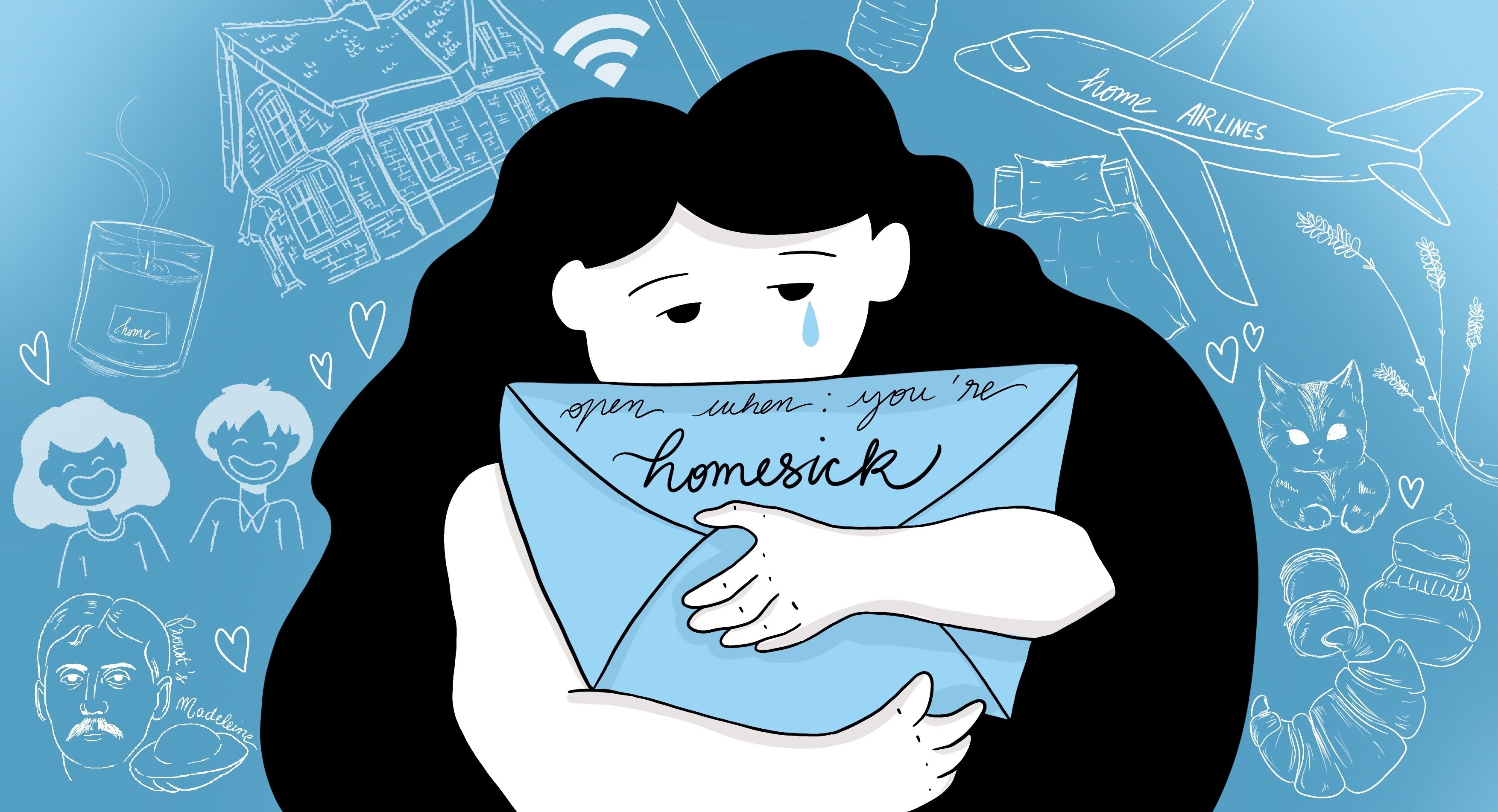Studying in the U.S. is a dream for many, but let’s be real: moving halfway across the globe isn’t all red, white, and blue skies! While American universities offer world-class education, there are plenty of challenges that can catch international students off guard.
From mastering the American style of academics to decoding slang and adjusting to life far from home, international students face unique problems. But with a little prep and a positive outlook, these obstacles can transform into some of your most memorable learning experiences.
In this article, we’ll discuss the challenges you’ll likely face and offer practical ways to handle each one, so you can turn your time in the U.S. into a transformative experience!

Cultural Adjustment
The cultural shift is one of the biggest challenges when you’re new to the U.S. American culture might surprise you with its informality, individualism, and even quirky customs like small talk. For many students from Asia, Europe, and other parts of the world, the social landscape in the U.S. can feel like stepping into a different world.
Embrace small talk. It might seem trivial, but “How’s it going?” is not just a question here—it’s a ritual! Start with short, friendly conversations with classmates, neighbors, or even baristas. It’s a quick way to feel more at home. Join campus clubs and events—from dance clubs to gaming groups, university campuses are packed with opportunities to meet people and get involved. Also, don’t hesitate to ask questions if you’re confused by social norms. Most people will appreciate your openness and curiosity.
Take Maria from Brazil. She initially struggled with American humor, but after joining a local comedy improv club, she found it easier to connect and even added a few American jokes to her repertoire!
See also: 9 Ways to Get Your Green Card

Language Barriers
Let’s talk languages! Even if you’re fluent, the pace, accents, and slang in the U.S. can be intimidating. Facing complex academic language and fast-paced lectures is tough, not to mention daily conversations filled with idioms like “hit the books” or “catch some rays.” And that’s not all -language barriers often affect your confidence.
Use campus resources. Many universities have language labs, tutoring centers, and conversation partners who can help you improve. Try language apps like Duolingo, Tandem, and HelloTalk for practice. And don’t shy away from asking your friends or professors for tips on improving your speaking or writing.
Check: A Step-by-Step Guide to Cracking IELTS/TOEFL for US Universities

Academic Challenges
Adjusting to the American education system isn’t easy, especially if it’s drastically different from the system back home. The focus on critical thinking, class participation, and independent research may feel overwhelming.
Attend workshops—many universities offer academic skill workshops to help you adjust to the American approach. Build study habits early, focusing on time management and prioritizing assignments. U.S. professors expect punctuality and preparation. Don’t hesitate to ask for help during office hours, professors are there to support you, not just evaluate you!

Financial Pressures
The cost of living in the U.S. can be a shock, especially in major cities. Tuition, housing, food, and transportation all add up quickly. For students from countries with lower exchange rates, budgeting can feel like a constant balancing act.
Create a budget—track your spending using apps like Mint or YNAB to avoid unexpected expenses. Look for scholarships, as many universities offer need-based or merit-based aid for international students (just be sure to apply early!). Consider part-time work, such as on-campus jobs like tutoring, working in the library, or assisting with research.
Check this out: How International Students Can Transfer Funds to Family

Homesickness
Homesickness is universal among international students. Being far from family, friends, and familiar places can lead to feelings of loneliness and longing. It’s normal, but there are ways to make it easier.
Keep in touch virtually with regular calls or video chats with family and friends to stay connected. Bring comfort items like photos, mementos, or even food items from home to feel closer to your roots. And join international clubs to meet others who understand what you’re going through.
Weather Woes
If you’re moving from a warm climate to a region with harsh winters, or vice versa, the weather can be a huge challenge. Adapting to snowy winters or hot, humid summers isn’t easy, especially if you’re used to a different climate.
Learn how to dress in layers for colder climates and get a warm coat, gloves, and boots if you’re moving to a northern state. For warmer regions, stay hydrated and use sunscreen. And follow local advice, as locals are usually happy to share tips for comfort in different climates.

Discrimination and Stereotyping
Unfortunately, discrimination and stereotypes are realities for some international students. Encountering prejudice can be disheartening and make you feel isolated. Universities are actively working to promote inclusion, but sometimes challenges arise.
You should know your rights. Most universities have a zero-tolerance policy toward discrimination, so report any incidents to campus authorities. Seek support from student organizations that promote diversity or counseling services if needed. Look for allies among classmates, faculty, or student groups, as a support network can make a huge difference.

Navigating Visa and Work Regulations
Visa regulations and work limitations are a reality that every international student in the U.S. has to navigate. Balancing studies, following visa rules, and finding job opportunities can be challenging.
So try to understand your visa—know the rules of your F-1 or J-1 visa, especially regarding work hours and types of employment. Look into OPT/CPT, which allows international students to work in their field of study. Also, use your university’s career services for job placements and internships.
See also: The Importance of Understanding USA Visa Principles

Psychological Challenges
With the stress of adapting to a new environment, academic pressures, and occasional loneliness, international students can face mental health challenges. However, accessing mental health services and feeling comfortable seeking help can be difficult.
A study focusing on Chinese international students found that 45% faced depression and 29% experienced anxiety, highlighting significant mental health challenges within this group. Wikipedia
You can use counseling services—most universities offer free counseling sessions. Establishing a daily routine can bring a sense of stability. And sharing your feelings with friends, family, or support groups can be therapeutic.
FAQs
1. What can I do if I feel overwhelmed by cultural differences?
It's normal to feel overwhelmed by a new culture. Start by joining cultural or international student clubs on campus—they can connect you with other students who understand what you’re going through. Participate in university events to experience American culture firsthand, and try not to be too hard on yourself; cultural adaptation takes time.
2. How can I improve my English quickly while studying?
Many universities have language support resources like conversation partners or language labs. You could also use language apps, watch American shows or news, and practice speaking with friends or classmates. Remember, most people appreciate the effort, so don’t be afraid to practice, even if you’re not perfect!
3. What should I do if I don’t understand something in class?
Don’t hesitate to reach out! Attend your professor’s office hours to ask questions, or seek help from teaching assistants. You can also consider joining study groups, where you can learn with and from classmates. The key is to ask for help early before you fall too far behind.
4. How do I find affordable housing near my campus?
Start by looking at university housing options, as they’re often the most convenient and safe. For off-campus housing, search on trusted sites or ask for recommendations from other international students. Some campuses have housing support offices to guide you, and you could also join social media groups for student housing listings.
5. How do I handle homesickness while studying abroad?
Homesickness is completely natural! Try keeping regular contact with family and friends back home, and bring a few items from home to make your space feel more familiar. Joining cultural or international groups can also be comforting, as you’ll meet people who share similar experiences.
6. Can I work part-time to help cover expenses?
Yes, but it depends on your visa type. Most F-1 students can work up to 20 hours a week on campus during the school year, and some can apply for Optional Practical Training (OPT) or Curricular Practical Training (CPT) to work in their field of study. Always check with your school’s international student office to understand your specific work options and limitations.
7. What do I do if I experience discrimination or unfair treatment?
If you experience discrimination, report it to your university’s diversity or student affairs office. Most universities take these issues seriously and provide support services to help you navigate difficult situations. Remember, you’re not alone, and you have the right to a safe, inclusive learning environment.
8. How can I manage my finances effectively as an international student?
Start by creating a budget and tracking your spending with apps like Mint or YNAB. Look into scholarships, campus jobs, and financial aid options if available. Planning your spending early can help reduce financial stress.
9. What should I do if I start feeling anxious or depressed?
Reach out to your campus counseling center; most universities offer free or low-cost mental health services. Many international students feel this way at some point, so don’t hesitate to ask for help. Joining student groups, staying active, and sharing your feelings with trusted friends can also help.
10. How can I stay safe on and off campus?
Familiarize yourself with campus safety resources, such as shuttle services, emergency contact numbers, and safety apps. When off-campus, stick to well-lit areas at night and be cautious with personal information. Trust your instincts and always let someone know your whereabouts if you’re in a new area.
